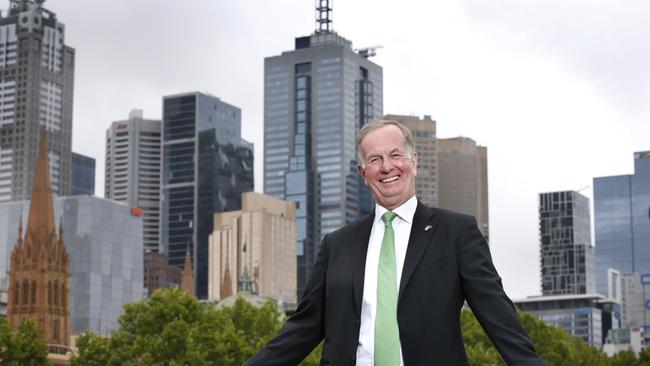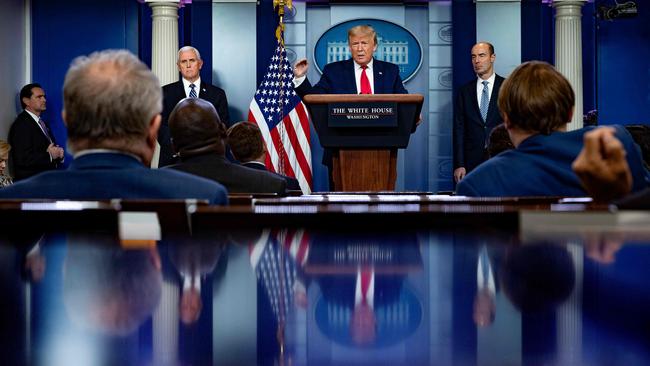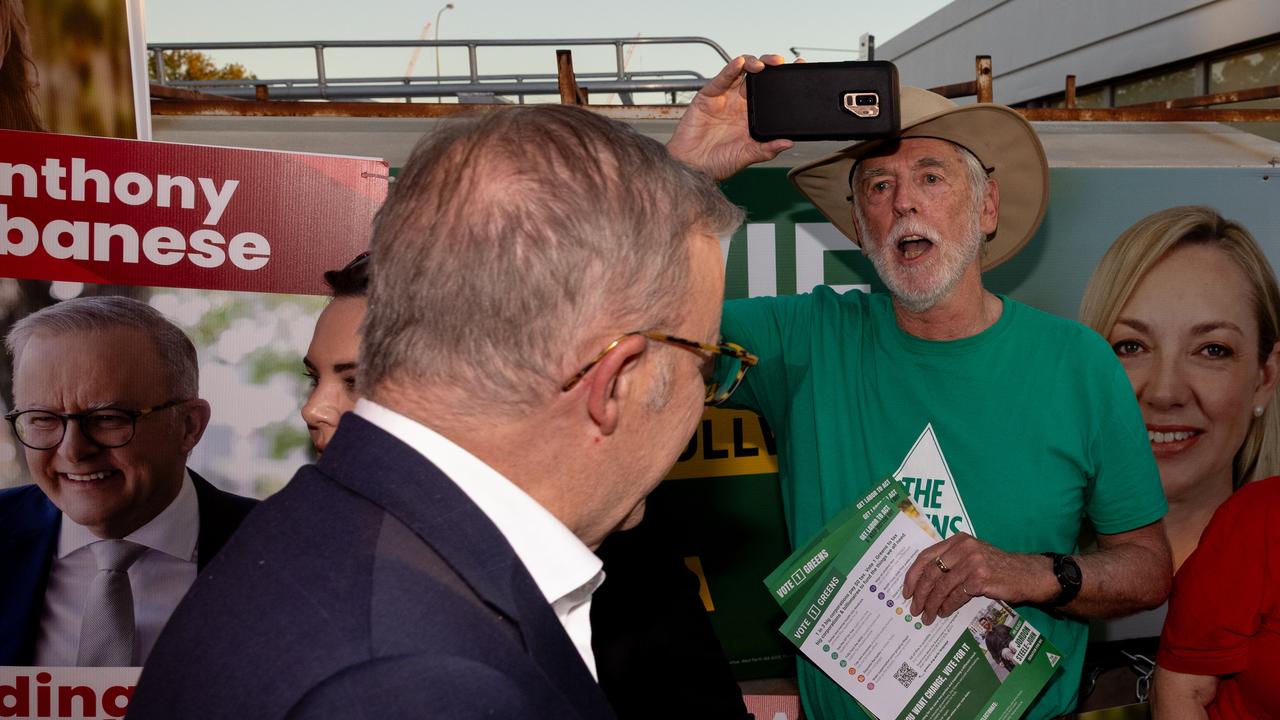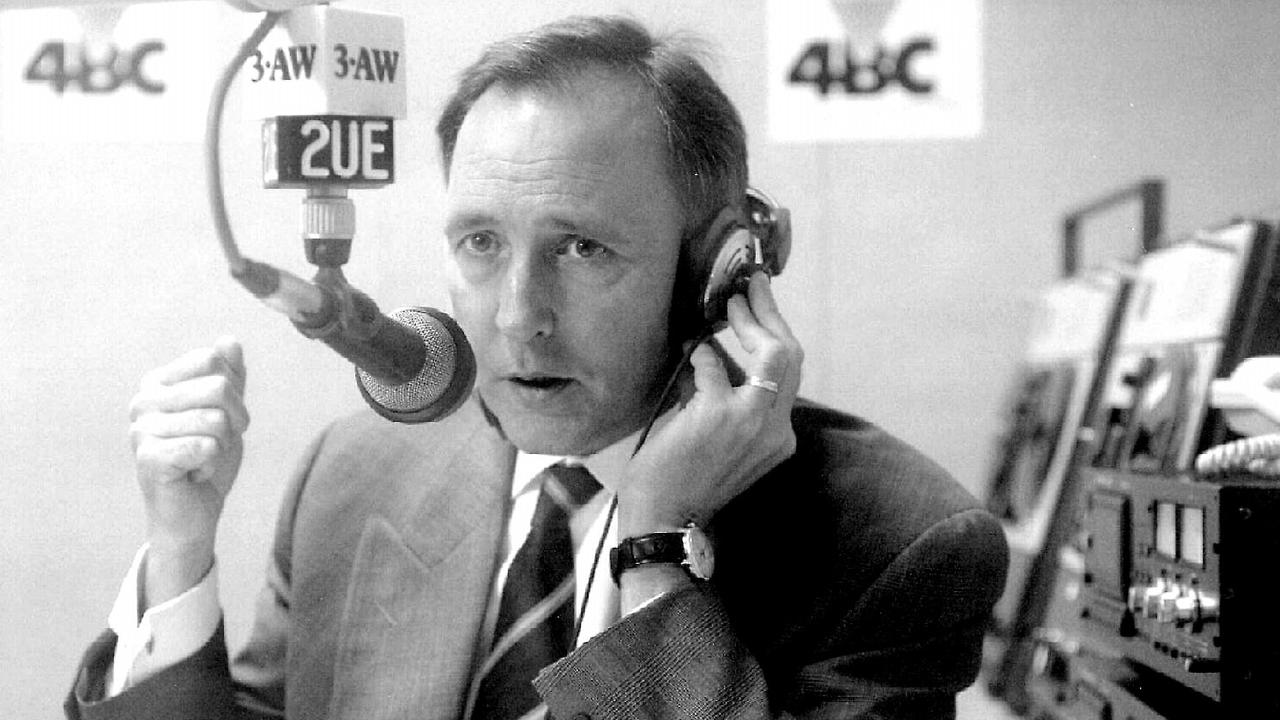In these times, the world can rely on the Americans

This past week, Scott Morrison and US Secretary of State Mike Pompeo spoke about next steps on our COVID-19 co-operation. The following day the US State Department, in partnership with the Australian departments of Foreign Affairs and Trade and Home Affairs, the Queensland government and Brisbane International Airport, arranged for flights to repatriate those in need from four Pacific island countries. Those flights also delivered much-needed assistance, including a mobile X-ray machine, donated by the New Zealand government, to Solomon Islands to help diagnose COVID-19 cases.
From the earliest days of the crisis, we have helped tens of thousands of Australians, Americans and citizens of other countries return home. Such co-operation continues today, as witnessed by a call this week between Foreign Minister Marise Payne and Pompeo to discuss our next steps.
Examples of Americans and Australians working together abound and give me confidence for the future, demonstrating the value of our deep security, economic and scientific ties.
When COVID-19 reached the US, White House coronavirus response co-ordinator Deborah Birx and US National Institute of Allergy and Infectious Diseases head Anthony Fauci announced that the US government would recommend guidelines developed by Australians Craig Dalton of the University of Newcastle, Stephen Corbett of the University of Sydney and Anthea Katelaris of the Australian National University, as part of our efforts to slow the virus’s spread.
At Brisbane’s Gallipoli Barracks, US Army microbiologist Jennifer Kooken is collaborating with a joint Australian-American-British team at the Australian Defence Force Malaria and Infectious Disease Institute conducting clinical trials on possible countermeasures against COVID-19.
American biopharmaceutical firm Dynavax Technologies has partnered with the University of Queensland and the Coalition for Epidemic Preparedness in the development of a potential COVID-19 vaccine.

As they have for 70 years, Australian and American Fulbright scholars are making good on the Fulbright program’s core tenet, “for the betterment of the people of Australia, the United States, and the world”. Fulbright scholars on both sides of the Pacific are doing their bit to address COVID-19, including by contributing research to develop a vaccine, helping technology companies promote authoritative information and remove disinformation from their platforms, and working with governments and healthcare providers to address the ethical implications of allocating limited medical resources.
As we work to confront the present crisis, we look forward to working with Australia, as vibrant and transparent democracies, to ensure the world is better prepared to face future health crises. This was something the Prime Minister and Pompeo highlighted when they spoke last week.
There will come a time for a fair and considered accounting of what could and should have been done at the outset of the epidemic, before it became a pandemic.
Sadly, this will not be the last novel virus. As responsible members of the international community, we will need to take a hard, dispassionate look at the origins of the virus, as well as what could have been done better to prevent, arrest and communicate its existence before it was allowed to infect the rest of the world.
In this vein, Morrison is spot-on to highlight the dangers that wet markets — where wild animals are caged, butchered, sold and consumed in cruel, unsafe and unsanitary conditions — pose in spreading disease from animals to humans. We applaud Australia’s strong voice in combating the illegal and dangerous trade in wildlife to protect public health, animal welfare and biodiversity around the world.
These are only a few of many examples of Australians and Americans working together to meet this challenge head-on. Along with Australia, the story of US leadership in the global battle against COVID-19 is a story of innovation, solidarity and mutual efforts to advance the common good. Every day, new US technical and material assistance arrives in hospitals and labs around the world. These efforts, in turn, build on a decades-long foundation of American expertise, generosity and planning.
That generosity and pragmatism explain why the US was one of the first countries to help the Chinese people as soon as reports emerged from Wuhan of the outbreak. Like Australia, the US provides aid because we believe it’s the right thing to do. We also do it because pandemics don’t respect national borders. If we can help countries contain outbreaks, we’ll save lives abroad and at home.
In early January, the US offered immediate technical assistance to the Chinese Centre for Disease Control. In the first week of February, the US transported nearly 18 tonnes of medical supplies to Wuhan. We also pledged $156m in assistance to countries to fight what would soon become a pandemic. Our response now far surpasses that initial pledge. Since the outbreak of COVID-19, the US government has committed nearly $800m for emergency health and humanitarian assistance.
This funding will improve public health education, protect healthcare facilities and increase laboratory, disease-surveillance and rapid-response capacity in more than 60 of the countries most at risk. The US continues to be the single largest health and humanitarian donor for long-term development, capacity building and emergency response efforts. This money has saved lives, protected people who are most vulnerable to disease, built health institutions and promoted the stability of communities and nations.
But our help is much more than money and supplies. It’s the experts we have deployed worldwide, and those still conducting tutorials today via teleconference. It’s the doctors and public health professionals trained, thanks to US money and educational institutions. And it’s the supply chains that we keep open and moving for US and Australian companies producing and distributing high-quality critical medical supplies around the world.
The US will continue to work with friends like Australia to aid others during their time of greatest need. We will prevail over our current challenge, as we have in trying times in the past, by getting on with our important work for the health, safety and prosperity of the citizens of both our countries, the Indo-Pacific region and the world.
Arthur B. Culvahouse Jr is the US ambassador to Australia.



Since the COVID-19 pandemic began, the US and Australia have worked together closely for both our countries and our region. It speaks to our shared characteristics as Americans and Australians that tough times have always served to reaffirm and strengthen our storied partnership. Just as past generations of Australians and Americans rose to the occasion, we are doing so now on both sides of the Pacific, and we will get through this together.